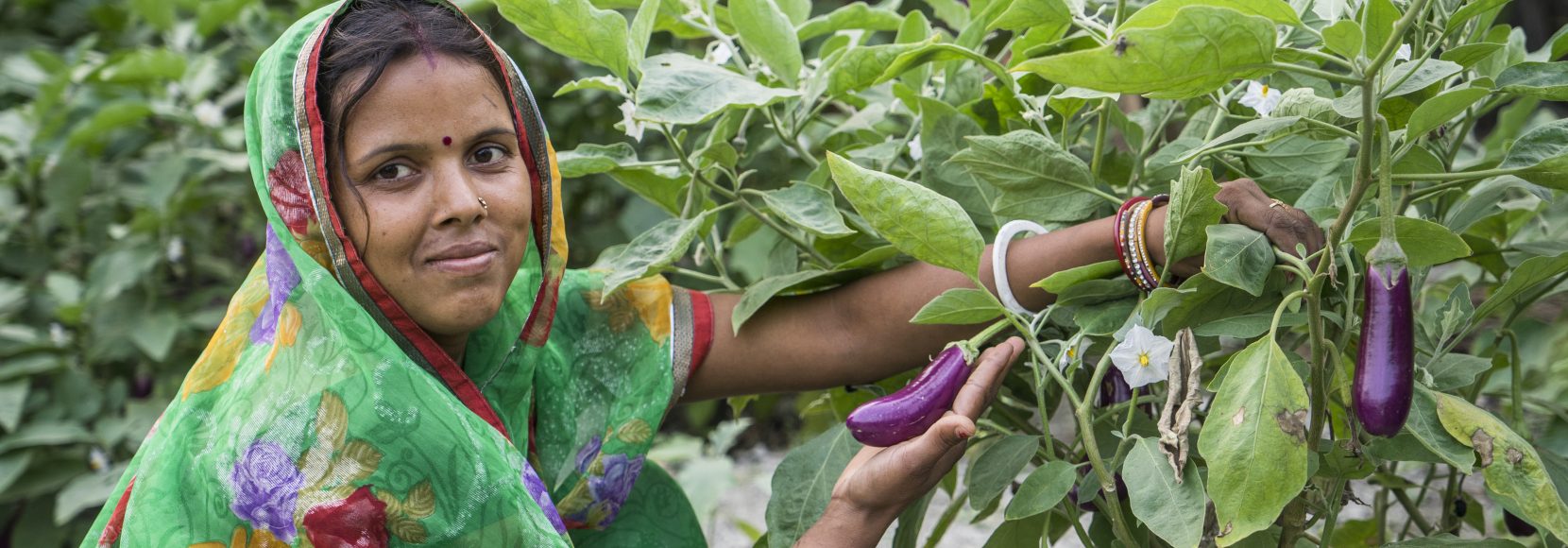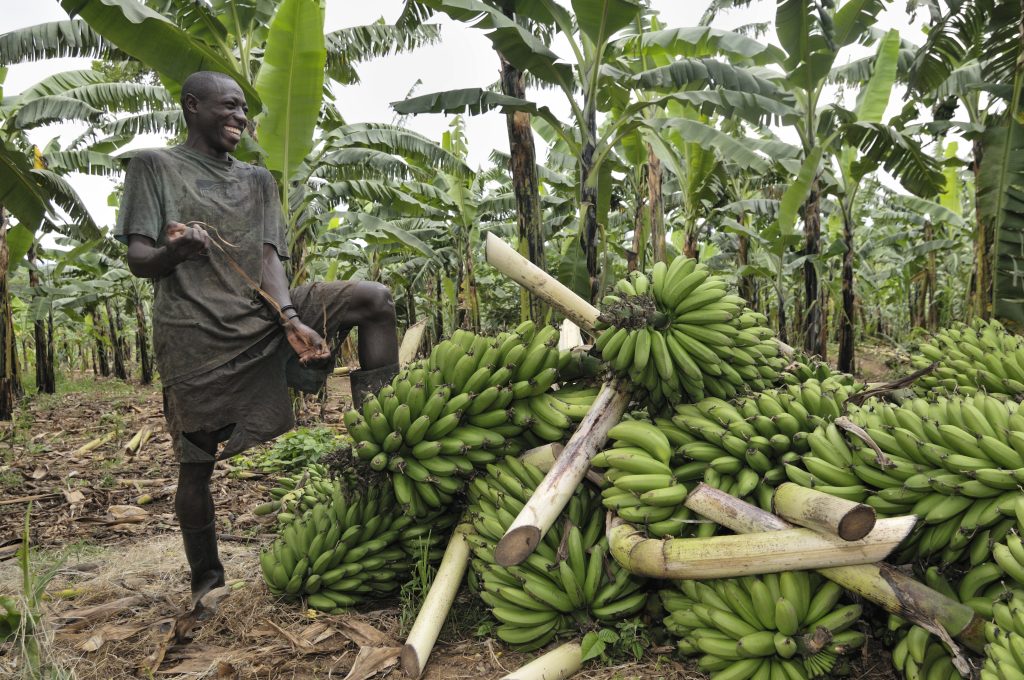
Expert View: Key Food Systems Challenges and Opportunities for 2024
TechnoServe's Kindra Halvorson discusses some of the key challenges and opportunities in the global food system in 2024.
TechnoServe’s chief transformation officer, Kindra Halvorson, recently participated in a live chat hosted by Business Fights Poverty, where she explained some of the key challenges and opportunities in the global food system. Read an adapted and expanded version of Kindra’s responses below.
Food systems–the interconnected processes by which food is grown, processed, packaged, distributed, sold, and consumed–are central to the wellbeing of every person on earth. By transforming our food systems, we can ensure everyone has access to adequate nutrition; that farmers and agri-food workers can earn a decent livelihood; and that food production helps combat climate change and restore nature, rather than exacerbate these problems.
The fact that an additional 122 million people have been pushed into hunger since the start of the COVID-19 pandemic only adds urgency to this work.
So, as we look ahead to an important year, what are some of the key challenges and opportunities for food systems?
The critical challenge facing food systems
At a global level, it’s impossible to talk about challenges–especially for the farmers, entrepreneurs, and communities that TechnoServe supports–without mentioning climate change. This is especially true for food systems.
This is the critical challenge facing our food systems: to meet the needs of a growing population amid a changing climate, they have to do more with less:
- Do more–produce 50% more food, provide living incomes for farmers, and create more jobs downstream;
- with less–emit less carbon, less methane, and stop deforestation;
- and do it better than before – by making food security and nutritious diets accessible to all people.
Otherwise, millions more people risk being pushed into food insecurity and hunger.

Helping food systems mitigate climate change and adapt to its impacts
The promising news is that we have emerged from the COP28 climate conference with a broad consensus that more must be done on climate mitigation and adaptation in our food systems.
However, there are different visions of exactly how we do that. There is enthusiasm to scale up the approaches that we know work in regenerative agriculture and at other points across the value chain, but stakeholders also highlight the need for more research, data-gathering, and identification of new solutions.
In reality, this is one of those situations in which we have to fly the plane while we build it. The need for food systems transformation is so urgent and so important that we need to scale what works while we innovate and learn in parallel.
Delivering partnerships for climate action in our food systems
At TechnoServe, we see the potential to do more of this through partnerships that bring together private-sector investment and public and philanthropic funding.
For example, the USDA Food for Progress-funded MOCCA program, with implementation led by TechnoServe, has received investment from eight of the world’s leading coffee companies. This kind of partnership enables the program to create better livelihoods for 120,000 coffee and cocoa farmers across Latin America while making those value chains more regenerative, resilient, inclusive, and innovative.
The role of local businesses in transforming food systems
There are other reasons for optimism, as well. As we look for solutions to the challenges food systems face, one of the opportunities I’m most excited about is supporting the local businesses at the center of food supply chains.
When we help agribusinesses like grain millers and other food processors become more competitive, inclusive, and sustainable in their operations, they create better markets and jobs for farmers and workers, better nutrition for base-of-the-pyramid consumers, and better environmental outcomes.
The scale of impact can be enormous. For example, TechnoServe helped launch an initiative called Millers for Nutrition last year alongside the Bill & Melinda Gates Foundation and several strategic fortification partners. The initiative aims to help millers in eight African and Asian countries produce more nutritious food, and they are on their way to improving nutrition for 1 billion people globally.
Examples like this make me optimistic, even amid the serious challenges our food systems face. We still have time to make our food systems work well for people and our planet–more resilient, regenerative, inclusive, and nutritious–but we must act fast.
Learn more:





